
 When I notice the backpack of my guest hanging on the rail of the stairs, I know he is back from his travels.
When I notice the backpack of my guest hanging on the rail of the stairs, I know he is back from his travels.
As I perceive the familiar smell of freshly brewed coffee and toasted bread, I know that my sister is in the kitchen with breakfast ready for us.
The backpack and the odor of coffee are signs that speak – they reveal a hidden reality.
I have not seen either my guest or my sister, but I can conclude to their presence.
We could say that this is what today’s feast is about: the celebration of the signs of a presence.
The bread and wine are precisely this: the signs of Christ’s presence with us.
He has promised: “I am with you until the end of times” (Matthew 28:20).
He, himself, has chosen these signs of the bread and wine to assure us of the fulfilment of his promise.
 In today’s gospel, we see him offering his apostles the bread and the wine while they can still see him (Mark 14:12-16,22-26).
In today’s gospel, we see him offering his apostles the bread and the wine while they can still see him (Mark 14:12-16,22-26).
But, even when he will no longer be visible to them, his presence will be no less real.
In another gospel text, handing the bread to them, we hear him say:
“This is my body given for you; do this in remembrance of me” (Luke 22:19).
As we repeat this gesture of eating the bread, drinking the wine, he is still, and ever, present with us.
He said he would be – he cannot fail to carry out what he promised.
Our eyes cannot vouch for his physical presence, but our faith can affirm his real presence.
This is worth a celebration, indeed!
Note: Another text is available on a different theme, in French, at: https://image-i-nations.com/fete-du-corps-et-du-sang-du-christ-annee-b-2024/

 The Logo of the European Thyroid Day – 25th May
The Logo of the European Thyroid Day – 25th May 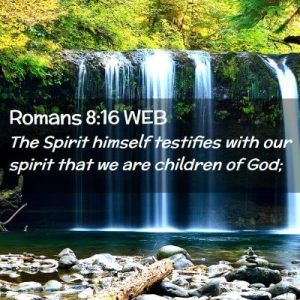 “The Spirit you received does not make you slaves, so that you live in fear again;
“The Spirit you received does not make you slaves, so that you live in fear again;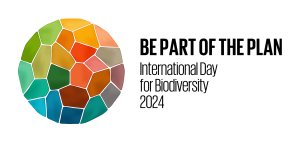 What is Biodiversity?
What is Biodiversity? A bit of history: the metric system which is now the universal standard for measurements was created over 200 years ago. World Metrology Day commemorates the signing, on 20 May 1875, of the Metre Convention, an international treaty designed to ensure that everyone around the world used the same metric system to measure weight and length, in order to ensure fair trade. The Metre Convention has since been ratified by over 100 countries and economies.
A bit of history: the metric system which is now the universal standard for measurements was created over 200 years ago. World Metrology Day commemorates the signing, on 20 May 1875, of the Metre Convention, an international treaty designed to ensure that everyone around the world used the same metric system to measure weight and length, in order to ensure fair trade. The Metre Convention has since been ratified by over 100 countries and economies. 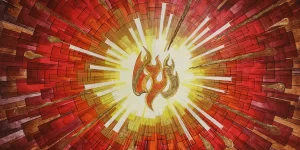 The 1st reading describes the appearance of the Spirit in “what seemed to be tongues of fire” (Acts 2:1-11).
The 1st reading describes the appearance of the Spirit in “what seemed to be tongues of fire” (Acts 2:1-11).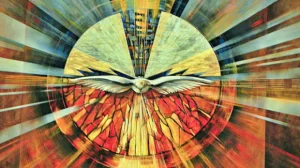 Baptist.
Baptist.


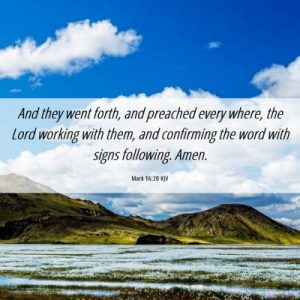 It is said that:
It is said that: